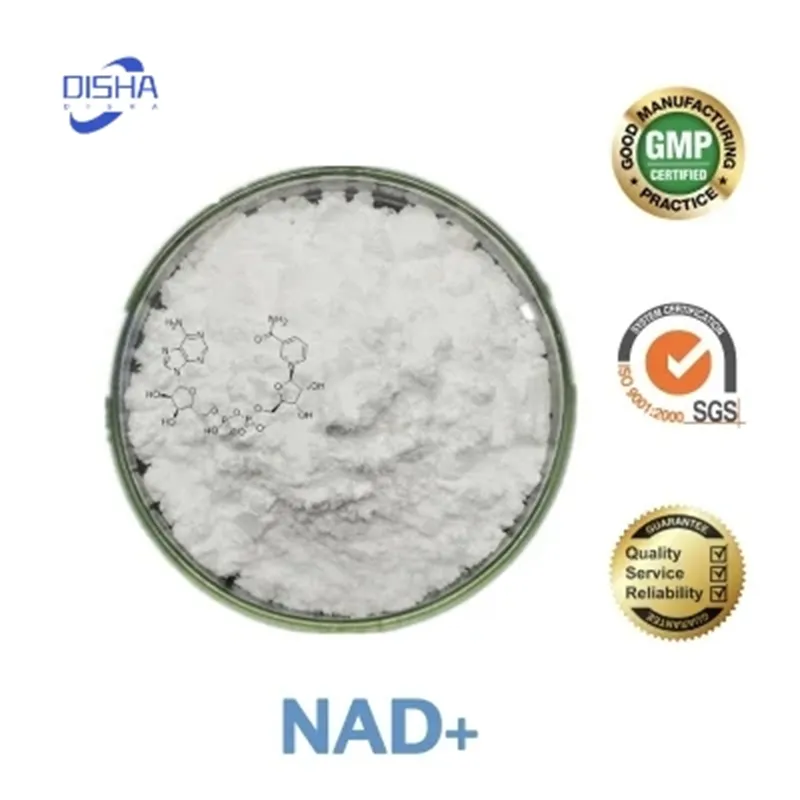Warning: Undefined array key "title" in /home/www/wwwroot/HTML/www.exportstart.com/wp-content/themes/1198/header.php on line 6
Warning: Undefined array key "file" in /home/www/wwwroot/HTML/www.exportstart.com/wp-content/themes/1198/header.php on line 7
Warning: Undefined array key "title" in /home/www/wwwroot/HTML/www.exportstart.com/wp-content/themes/1198/header.php on line 7
Warning: Undefined array key "title" in /home/www/wwwroot/HTML/www.exportstart.com/wp-content/themes/1198/header.php on line 7
- Afrikaans
- Albanian
- Amharic
- Arabic
- Armenian
- Azerbaijani
- Basque
- Belarusian
- Bengali
- Bosnian
- Bulgarian
- Catalan
- Cebuano
- China
- China (Taiwan)
- Corsican
- Croatian
- Czech
- Danish
- Dutch
- English
- Esperanto
- Estonian
- Finnish
- French
- Frisian
- Galician
- Georgian
- German
- Greek
- Gujarati
- Haitian Creole
- hausa
- hawaiian
- Hebrew
- Hindi
- Miao
- Hungarian
- Icelandic
- igbo
- Indonesian
- irish
- Italian
- Japanese
- Javanese
- Kannada
- kazakh
- Khmer
- Rwandese
- Korean
- Kurdish
- Kyrgyz
- Lao
- Latin
- Latvian
- Lithuanian
- Luxembourgish
- Macedonian
- Malgashi
- Malay
- Malayalam
- Maltese
- Maori
- Marathi
- Mongolian
- Myanmar
- Nepali
- Norwegian
- Norwegian
- Occitan
- Pashto
- Persian
- Polish
- Portuguese
- Punjabi
- Romanian
- Russian
- Samoan
- Scottish Gaelic
- Serbian
- Sesotho
- Shona
- Sindhi
- Sinhala
- Slovak
- Slovenian
- Somali
- Spanish
- Sundanese
- Swahili
- Swedish
- Tagalog
- Tajik
- Tamil
- Tatar
- Telugu
- Thai
- Turkish
- Turkmen
- Ukrainian
- Urdu
- Uighur
- Uzbek
- Vietnamese
- Welsh
- Bantu
- Yiddish
- Yoruba
- Zulu
Nov . 06, 2024 21:29 Back to list
Evaluating the Safety and Impact of Aspartame According to EFSA Guidelines
Aspartame Insights from the EFSA Evaluation
Aspartame is one of the most widely used artificial sweeteners in the world, frequently found in diet sodas, sugar-free products, and various low-calorie foods. As consumer demand for low-calorie and sugar-free alternatives continues to rise, regulatory assessments such as those conducted by the European Food Safety Authority (EFSA) play a crucial role in ensuring the safety of food additives like aspartame.
What is Aspartame?
Aspartame is a low-calorie sweetener composed of two amino acids aspartic acid and phenylalanine. It is approximately 200 times sweeter than sucrose (table sugar), allowing manufacturers to use much smaller quantities to achieve the desired sweetness. This feature not only helps in reducing calorie intake but also in managing blood sugar levels, making aspartame a popular choice among individuals with diabetes and those seeking to control their weight.
EFSA's Role in Safety Assessment
The EFSA is responsible for conducting scientific evaluations of various food-related substances, including additives, to ensure public health protection in the European Union. The authority employs rigorous methodologies to assess the safety of food additives, including long-term studies, toxicological assessments, and evaluations of previous research findings.
In its comprehensive review of aspartame, the EFSA concluded that the sweetener is safe for human consumption within established acceptable daily intake (ADI) levels. The ADI for aspartame is set at 40 mg per kilogram of body weight, a threshold established after extensive scientific scrutiny. This ensures that even high consumers of aspartame are within safe consumption levels.
aspartame efsa

Concerns and Controversies
Despite the EFSA's affirmation of aspartame's safety, controversies and concerns linger. Some individuals have linked the consumption of aspartame to various health issues, including headaches, allergic reactions, and behavioral problems. A particularly contentious issue involves phenylalanine, an amino acid present in aspartame. Individuals with a rare genetic disorder known as phenylketonuria (PKU) cannot metabolize phenylalanine effectively, necessitating strict dietary restrictions to avoid severe health consequences. To address this, products containing aspartame are required to carry a warning label, advising those with PKU to avoid consumption.
Additionally, some studies have suggested potential links between aspartame and more serious health conditions, such as cancer and metabolic disorders. However, many of these studies have been critiqued for their methodology and lack of conclusive evidence. The EFSA, along with other global health organizations, continues to emphasize that current scientific evidence does not support claims of aspartame being a carcinogen or causing adverse health effects in the general population.
Conclusion
The EFSA's evaluations provide a comprehensive scientific basis for the continued use of aspartame as a safe alternative to sugar. While ongoing research is essential to continually monitor and assess the safety of food additives, the prevailing evidence indicates that aspartame can be consumed safely by the general population, with necessary precautions for individuals with specific health conditions.
As consumers navigate an increasingly health-conscious landscape, familiarizing themselves with food additives like aspartame is vital. Understanding the scientific assessments behind these ingredients, including the rigorous evaluations by authorities like the EFSA, can empower individuals to make informed dietary choices while enjoying the benefits of low-calorie sweeteners. Thus, the dialogue surrounding aspartame continues, shaped by emerging research and public health considerations, underscoring the importance of safety, regulation, and informed consumption in today's food environment.
Latest news
-
Certifications for Vegetarian and Xanthan Gum Vegetarian
NewsJun.17,2025
-
Sustainability Trends Reshaping the SLES N70 Market
NewsJun.17,2025
-
Propylene Glycol Use in Vaccines: Balancing Function and Perception
NewsJun.17,2025
-
Petroleum Jelly in Skincare: Balancing Benefits and Backlash
NewsJun.17,2025
-
Energy Price Volatility and Ripple Effect on Caprolactam Markets
NewsJun.17,2025
-
Spectroscopic Techniques for Adipic Acid Molecular Weight
NewsJun.17,2025

